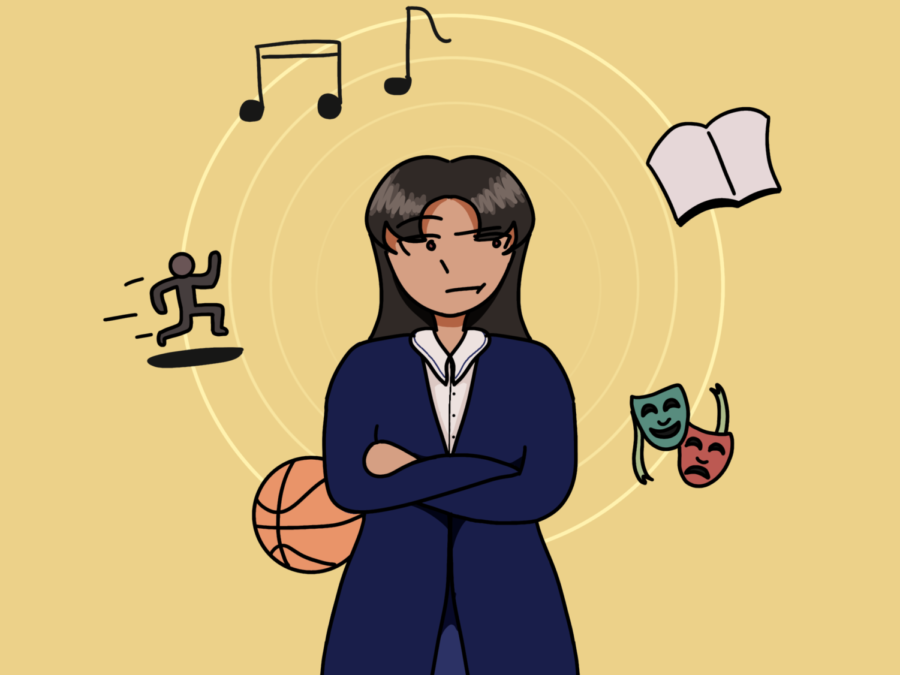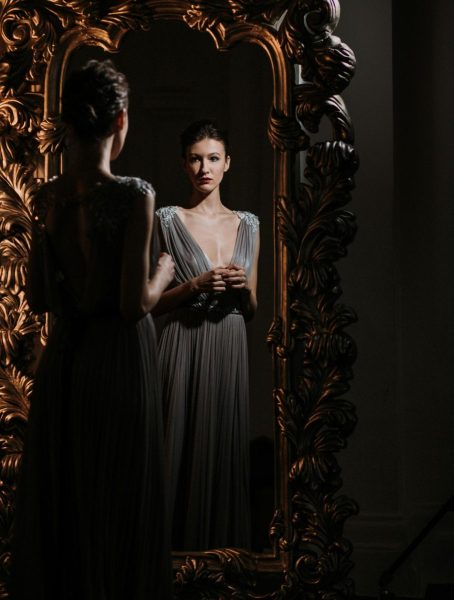5 Lessons I Learnt from Co-curricular Involvement (or lack of it)
April 4, 2023
I am often asked if I enjoy my job and, unless you ask me in the frantic time immediately before a sporting carnival or camp week, I can honestly say I really derive great joy from what I do. I enjoy seeing students engage in things outside of the classroom, whether that be sports, music, debating, or other endeavours and learn from these activities. I enjoy giving students opportunities to excel in what they are good at and to challenge themselves to do their best. Most of all, I enjoy seeing students create memories and develop character traits that they will take with them through life.
As my own children grow and near the age at which they will be entering High School, I have been challenged to reflect on what impact Co-curricular activities can really have on the life of students. I have distilled this down to five points, or lessons, that I have learnt from involvement in Co-curricular activities, both as a student and now as somebody responsible for providing these opportunities for others.
Lesson One: Co-curricular Activities are where true school memories are made
I might be biased on this one, but the majority of my memories from school centre around activities that took place outside of the classroom. From games of rugby against touring teams to camps and even my limited involvement in my Primary School band, these memories have created the tapestry of my childhood, much more so than what took place in the classroom.
I still vividly remember the bus trip to Newcastle for a CIS Cup Rugby League Final, playing at lunchtime in front of the College against a touring South African Rugby team, and taking part in as much sport as I could manage. In a less salubrious fashion, the memory of playing the trumpet in my Primary School Band is still etched in my memory. Not least of all because during one assembly I managed to play a completely different song to the remainder of the band, only realising at the end of the performance that others were looking at different music to me. Despite the awkwardness of this memory, I’m glad I have it because it reminds me that while mistakes are ever present, I am able to bounce back from something that seemed like such a big matter at the time.
Lesson Two: it’s where character is built
Further to the point above, Co-curricular activities reveal far more about character than we give them credit for. Through sport, I learnt that what you do after a game is more important than what you do during it. That being a gracious winner and loser stays with you long after talent dissipates. Learning to bounce back from setbacks is of vital importance in a world that moves so quickly and, in an age where mistakes are often amplified on social media or by other means.
Having dealt with the setbacks of losing important games, making seemingly diabolical mistakes, or failing at something you had your mind set on, sets you up for a life where your worth is not measured by your intelligence or your score on a test. Instead, Co-curricular endeavours reward students willing to lean into such traits as collaboration, critical thinking, resourcefulness and integrity.
Lesson Three: It’s where friends are made
Let’s be clear, I am not saying that friendships are not created and developed through being in class together, but each time I made new friends in my schooling journey it was because of the interaction I had with others through sports. The people I got to know the best and spent the most time with at school were those I played sports with, regardless of whether or not we were in class together. This was the same with so many of the people in my year group. We congregated not according to the classes we selected, but in accordance with our interests, and our Co-curricular involvement often reflected these. We had groups of students who loved music and performing arts, others who were into technology and still others who drew great enjoyment from sports.
It was a particular friendship that was fostered through a love of sport, and in particular Rugby League, that caused me to contemplate my journey with God and to ultimately become a Christian. Without this friendship, it is very possible my life would have taken a very different path. The deep connections I share with those I played sports within school still remain, and I know the same is so for friends who were part of Major Drama Productions and activities such as Duke of Ed.
Lesson Four: Trying different things opens new horizons
I mentioned earlier that I tried playing the trumpet in my primary school band. While the picture of me playing the wrong song is humorous, it is not the full story. As a student who was selected first to sit down when our whole class ‘trialled’ for the choir, music was not a part of my life growing up. I liked listening to it but nobody in my family had ever played an instrument. It was in this environment that I decided to learn the trumpet. Possibly one of the most precocious instruments possible. As I started practising with the band it was obvious that I was not very good. To start with, I couldn’t read music so needed the teacher to write the valve numbers under the score so I could follow along. I also had no ear for music, which makes it difficult to know when you are playing off-key. Despite this, the teacher in charge of the band, and my parents, allowed me to continue to explore my capabilities until I came to the conclusion that they had probably already reached them. The trumpet was not going to be in my future.
This story is important because although it sounds like my foray into music was an abject failure, it actually sparked an interest in me that I still have not fully realised. This experience of ‘performing’ gave me the confidence to be part of a band that played at school on a few occasions, and I still have the desire to learn to play the drums, when I manage to find some spare time. So, although trying new things can be difficult and even scary, taking a small peak into different areas of interest can unlock far more potential than you realise.
Lesson Five: You’re more likely to regret not having a go at something
Despite all of the benefits I have derived from my Co-curricular experience, I still think back and reflect on the opportunities I didn’t take. Despite a large cohort of my friends undertaking Duke of Ed in Year 9, I decided against taking part. Although I had the opportunity to take part in music lessons, I didn’t organise myself appropriately to do so. After a small foray into Theatresports in Year 7 in an Interhouse competition, I didn’t pursue this further despite enjoying it immensely.
If I could speak to my 13-year-old self I would say two things, work harder at school and get involved in everything you can. Both of these are important aspects of getting the most out of your time at school. The lessons learnt in the classroom, as well as in Co-curricular endeavours, will stand you in good stead to graduate with all of the experience, skills and character traits necessary to get the most out of life.
*This article was written as a part of Teacher Takeover*













Amy • Apr 4, 2023 at 9:53 am
Very, very true – looking back on my schooling experience (which finished 20 years ago), my richest memories are all linked to what I was involved in our of the classroom! A great reminder to ‘get involved’